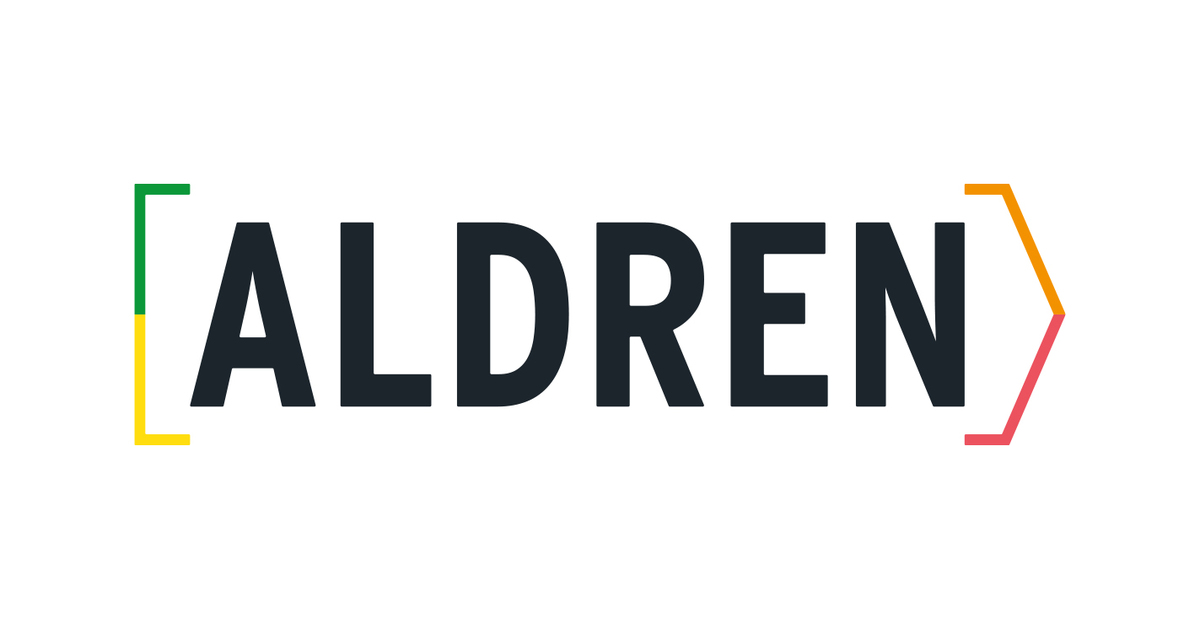The ALDREN Project – Energy efficiency performance indicators for green finance in buildings

The ALDREN Project – EE performance indicators for green finance in buildings
by Johann ZIRNGIBL ALDREN project leader
Europe’s Energy Efficiency and GHG Targets will not be reached without concerted effort from policy-makers and the private market. According to International Energy Agency (IEA) EU needs to invest $1.3 trillion in energy efficiency in buildings from 2014-2035 because 75% of Standing EU Buildings were built with no, or minimal, energy-related building codes. Europe’s EE challenge in buildings mainly concerns the energy efficient renovation and investments in its existing buildings stock. This challenge cannot be tackled without the commitment of the financial sector.
Green Bond Issuance could be a major market instrument. In 2016, green bond issuance reached a record high, accounting for $93.4 billion of investment worldwide, according to the latest report from ratings agency Moody's. Green bond issuance is expected to grow to more than $200 billion in 2017.
The key difference between conventional and green bonds is the specified use of proceeds. Investors are increasingly focused on integrating Environment, Social and Governance (ESG) factors into their investment processes. Green bonds meet these Environmental objects.
Investors in green bonds may benefit from:
- Funding green projects without taking any additional risk or cost;
- Greater transparency into a bond’s use of proceeds;
- Reporting on climate impact of fixed income investments to their end asset owner;
- Tax exemption.
A green bond maybe issued by qualified organizations, corporates or municipalities for example for qualified green building project.
Green bonds issuer have the following benefits:
- Highlights their green assets/business;
- Positive marketing story;
- Diversify their investor base (as they can now attract ESG specialist investors).
But it is key that Green bonds issuers track, monitor and report on use of proceeds in order to provide to the investor transparency and disclosure of his investment. Therefore Green Bond Principles (GBP) have been developed by the International Capital Market Association (ICMA), as voluntary process guidelines to promote integrity in the development of the Green Bond market.
The ALDREN[i] project complete the GBP by the definition of quantitative and qualitative targets, to enhance the transparent communication of certain performance indicators. These indicators are in line with the United Nations Sustainable Development Goals (UN SDGs). In the ALDREN project the energy related indicators are based on the new EN / ISO 52000 standards series. The following energy related indicators are outlined:
- Renewables / Share of renewable energy in the delivered energies.
It is the first time that a standardized definition and calculation methodology is provided on this topic; - Greenhouse gas emissions per m2/ year.
It can be expressed in % of CO2 emissions to delivered energy in order to be compared to energy production; - Energy efficiency of HVAC systems;
- Non-renewable primary energy balance (this indicator is used in most of the EU building code requirements).
These indicators are also included in a harmonized Energy performance rating based on the European Voluntary Certification Scheme (EVCS). The calculation is verified by measurements to increase comparability, confidence and market uptake.
As the renovation of a building is not only triggered by the energy efficiency, an indicator on health and well-being has been added.
These solutions are integrated in a consistent, common way in a building passport to ensure the results and effective financing also in case of step by step renovation.
[i] ) The ALDREN (ALliance for Deep RENovation in buildings) project has received funding from the Europe Union’s Horizon 2020 research and innovation programme under grant agreement No 754159.
ALDREN is supported by major stakeholders for:
- FINANCING AND INVESTMENT (e.g. EBRD, INVESTOR CONFIDENCE PROJECT)
- BUILDING CERTIFIERS (e.g. Sustainable Building Alliance, BREEAM, DGNB, HQE)
- PROFFESSIONAL ASSOCIATIONs & COUNCILS (eg. ACE, RICS, EU Bac)
This communication reflects only the author’s view. The Agency and the Commission are not responsible for any use that may be made of the informations it contains.
If you want to know more about ALDREN project, please follow us: @H2020_ALDREN



